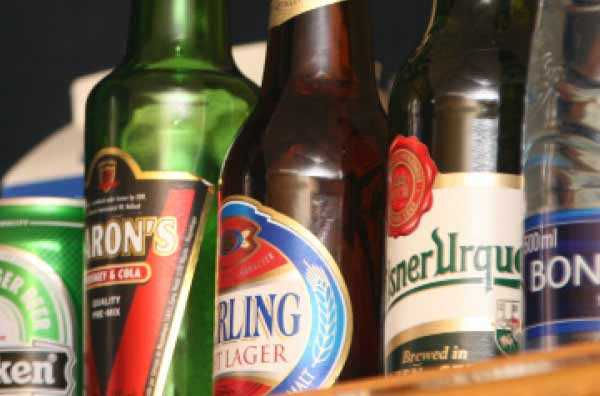Beer guzzlers contribute P300m to Alcohol Levy
Government has raked in close to P300 million from beers drinkers who seem unmoved by the introduction of the Alcohol Levy, which has made drinking beer highly discretionary due to its prohibitively high price. The Levy was introduced in 2008 to among others curb alcohol abuse.
The latest information on the contribution of the Levy towards government coffers is contained in the recent Botswana Unified Revenue Services (BURS) for the year to March 2015. According to the report, P298, 731 million was collected under the Levy on alcohol beverages fund order during the 2014/15 financial year. During the period under review, Botswana Unified Revenue Service (BURS) collected P475.4 million in levies and others on behalf of government departments and agencies. BURS Commissioner General Ken Morris says most of the collections were raised from the Alcohol Levy, which contributed 62.8 percent, an increase from P245, 691 during the previous financial year.
The money is collected by BURS, routed through the Accountant General, who then disburses the funds to respective beneficiaries in the proportions stated above. The Road Transport Permit fees followed at 22.4 percent while other levies each contributed less than 10 percent of total collections. Atleast 587 detentions and 551 seizures were made. Goods detained during the year under review were mainly assorted clothing materials, anointing water, radios, cigarettes and tobacco leaves, agricultural products, books, fishing nets, blankets and various food items and kitchenware products.
The main reasons for seizing goods were because of non-declaration, failure to produce proper clearance documents, failure to produce original goods invoices, abandoned goods and ex-detentions. According to Morris the main focus during the 2014/15 financial year was on the procurement of an electronic document and records management system for improving efficiency in the timely retrieval of records and information for decision making. He says the business case for the procurement of the system has been approved and the tender will be floated during the next financial year. The system, which is estimated to cost P13, 5 million will be installed in phases during the 2015/15 and 2016/17 financial years.
He says that BURS still experience a lack of proper office space, accommodation, and infrastructure at some of the service centres, regional officers and border posts. “There are also administrative and logistical problems relating to issues of maintenance of the border post facilities,” he says. Meanwhile, there was a reduction of 28 percent on the old arrears.





